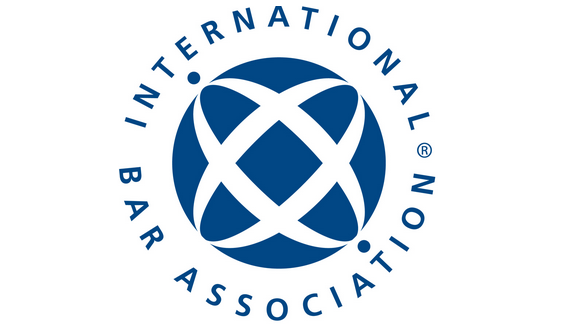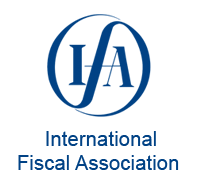The Portuguese Tax Authority (AT) has recently clarified how the temporary IRS exemption on productivity bonuses should be applied in 2025.
This measure, introduced by the State Budget for 2025, aims to encourage companies to reward performance and share profits while reducing the tax burden on both employers and employees.
What is covered by the exemption?
The exemption applies to payments made voluntarily and on a non-regular basis in 2025, such as productivity or performance bonuses, profit-sharing, or year-end rewards.
These amounts will be exempt from IRS up to 6% of the worker’s annual base salary, which includes 12 monthly salaries plus holiday and Christmas bonuses.
Conditions to benefit from the exemption
To qualify, the employer must have granted a salary increase eligible under the salary-enhancement incentive provided for in the Tax Benefits Code.
Additionally:
- Payments must be voluntary, not contractually required or included in collective bargaining agreements;
- The exemption applies only up to the 6% limit of the employee’s annual base salary;
- The amounts are initially subject to withholding tax at the normal rate for that month, but employers may later adjust their declarations to reflect the exempt portion, without penalties.
Practical implications
This temporary measure encourages companies to reward performance and distribute profits more flexibly, while recognising the individual effort of employees.
By reducing taxation on occasional bonuses, the regime supports a culture of merit and productivity, aligning fiscal policy with broader goals of wage growth and competitiveness.
Labour Department
Hugo Martins Braz | Mariana Lacueva Barradas | Catarina Almeida













